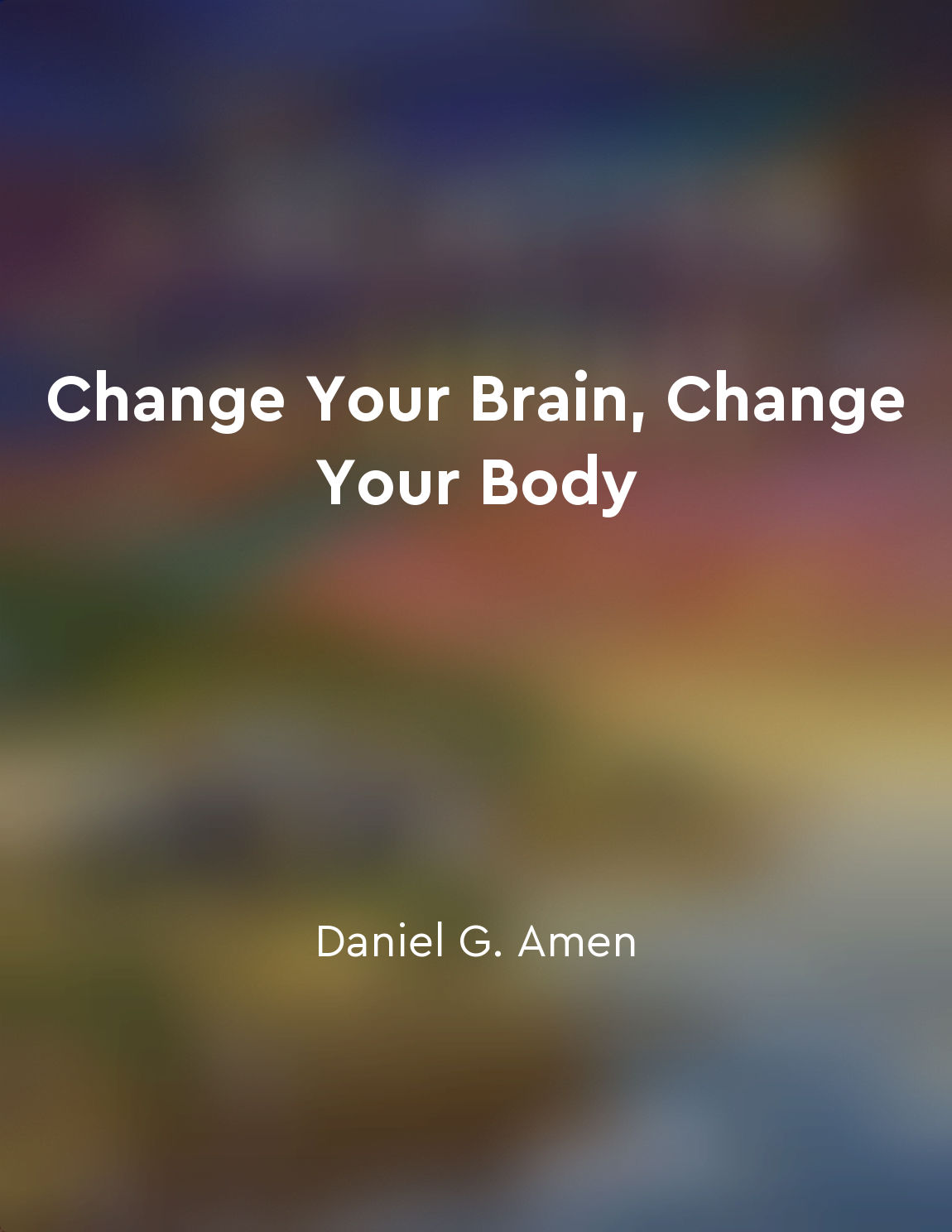Audio available in app
Chronic illness can be rooted in early experiences from "summary" of Scattered by Gabor Maté, MD
Chronic illnesses are often thought to be solely a result of genetic predisposition or lifestyle choices. However, there is growing evidence to suggest that the roots of these conditions may actually lie in early experiences. These experiences can shape our biology and physiology in profound ways, setting the stage for chronic illness later in life. Early experiences, particularly those in childhood, can have a lasting impact on our physical and emotional health. Adverse childhood experiences, such as abuse, neglect, or trauma, can trigger a stress response in the body that can become chronic over time. This ongoing stress can lead to changes in the way our genes are expressed, altering our immune function, hormone levels, and nervous system activity. The impact of early experiences on our health can be seen in a variety of chronic illnesses, from autoimmune disorders to mental health conditions. For example, individuals who have experienced childhood trauma are more likely to develop conditions such as fibromyalgia, irritable bowel syndrome, or depression later in life. This is because the stress response triggered by early trauma can contribute to inflammation, pain sensitivity, and mood disorders. Understanding the connection between early experiences and chronic illness is crucial for effective treatment and prevention. By addressing the root causes of illness, such as unresolved trauma or emotional distress, healthcare providers can help patients achieve long-term healing and wellness. This may involve therapies that focus on healing childhood wounds, such as trauma-informed counseling or somatic experiencing.- Recognizing the role of early experiences in chronic illness can lead to a more holistic approach to healthcare. By considering the whole person – including their past experiences, beliefs, and emotions – healthcare providers can create more effective and personalized treatment plans. This can empower patients to take control of their health and break free from the cycle of chronic illness that may have been set in motion early in life.
Similar Posts
The mind has the power to overcome genetic predispositions
Dr. Joe Dispenza explains that our genes are not our destiny. While we may inherit certain genetic predispositions from our anc...
Healing trauma involves releasing trapped energy
Trauma is a natural event that overwhelms the nervous system, leaving it unable to process the experience properly. When this h...
Emotional regulation is key to mental health
Emotional regulation is fundamental to our mental well-being. It plays a crucial role in shaping how we experience the world ar...
Our decisions define who we are
In the end, our decisions define us. They shape our lives, our relationships, and our very identities. Every choice we make, bi...
A energia emocional impacta a saúde física
The connection between our emotions and physical health is not merely a coincidence but a reality deeply rooted in our bodies. ...

Thoughts can influence physical health
Our thoughts have a powerful impact on our physical health. The connection between the mind and body is undeniable. When we thi...
Patty Duke's personal experiences with bipolar disorder
Patty Duke shares her raw and unfiltered journey with bipolar disorder in "Brilliant Madness." She delves deep into her persona...
Emotions are expressed through physical gestures
The body has a language of its own, a way of communicating that goes beyond words. Every movement, gesture, and posture conveys...
Developmental psychology explores changes across the lifespan
Developmental psychology is a branch of psychology that focuses on the changes that occur in individuals as they progress throu...
Toxic parents may struggle with empathy and emotional intelligence
Toxic parents often find it difficult to empathize with their children's feelings and emotions. This lack of empathy stems from...

